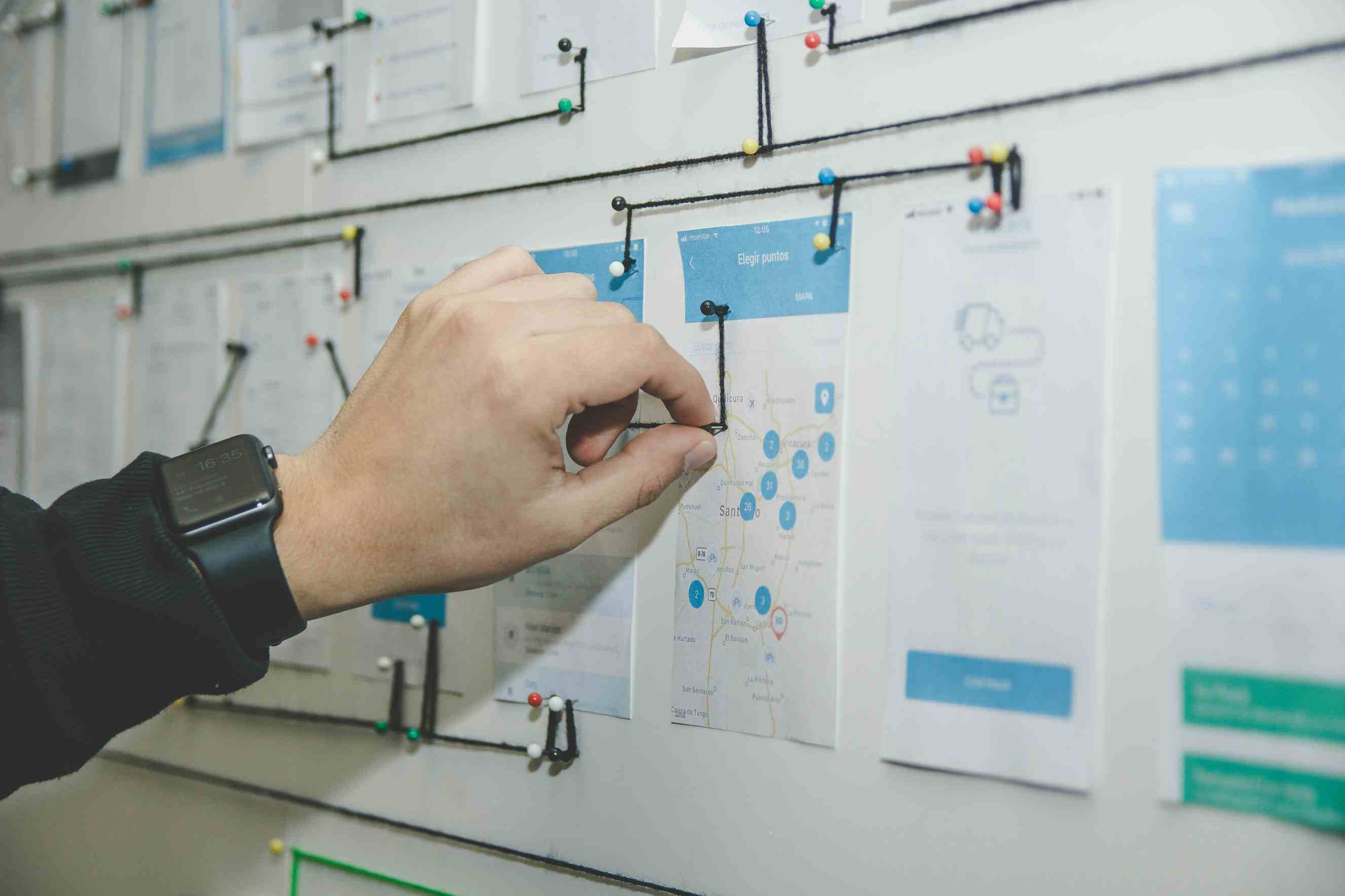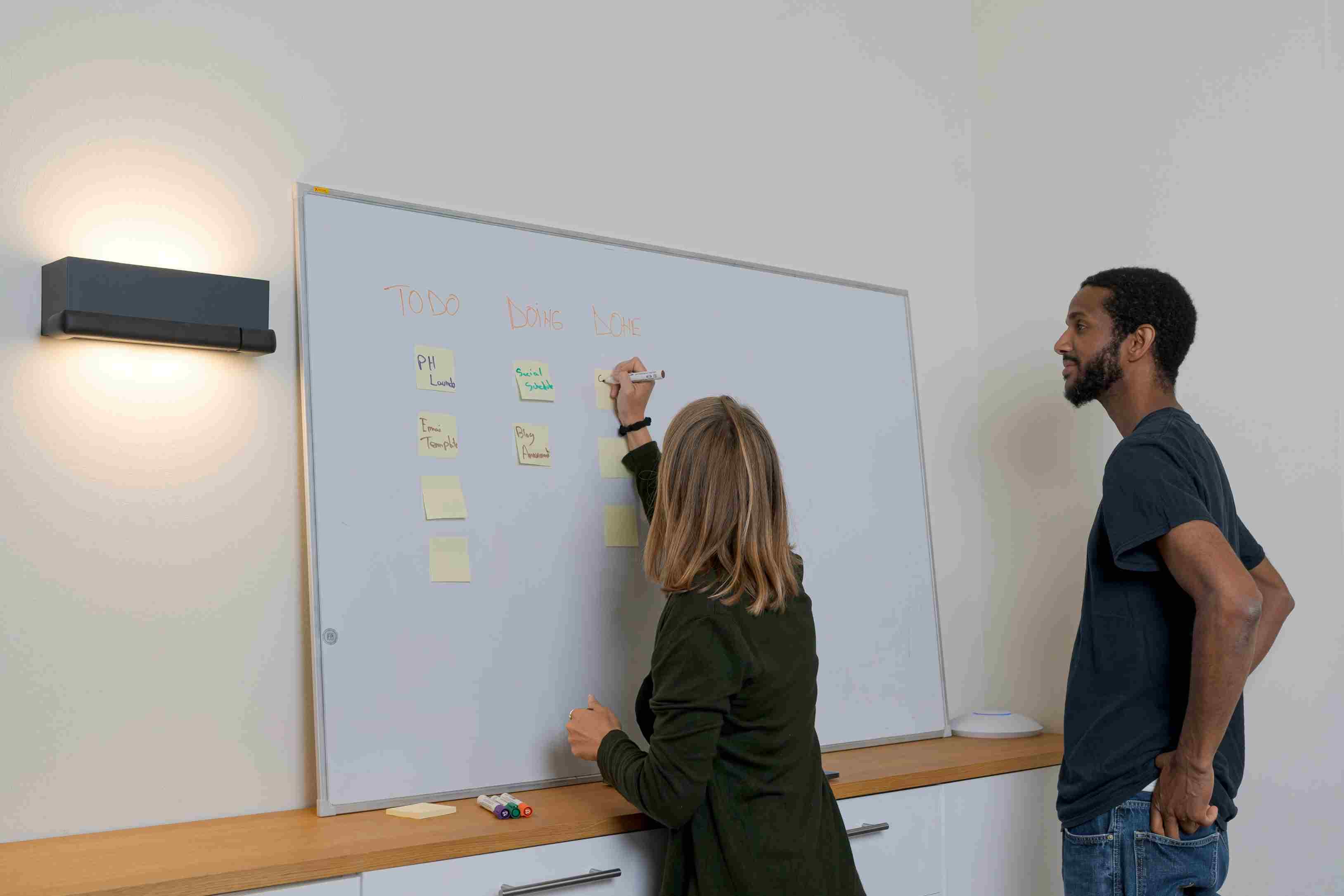ClickUp MCP Server
Integrates ClickUp task management with AI systems to enable automated task creation, updates, and retrieval for enhanced project workflow efficiency.
Skills
Explore the skills and capabilities of this skillset.
Configuration
Customize the skillset to fit your needs.
MCP Server
Connect to MCP Server
CLICKUP_API_KEY
CLICKUP_TEAM_ID
DOCUMENT_SUPPORT
ClickUp MCP Server
Github issues 助手
Github Issues 助手是一個 AI 智能體,用於簡化 GitHub issues的管理。它可以直接在存儲庫中簡化創建、跟踪和優先處理錯誤、任務或功能請求的過程。非常適合團隊使用,確保一致的格式,自動化重複步驟,並與開發管道集成。
ClickUp MCP Server

批量生成 HeyGen AI 视频
使用 Bika 的“批量生成 HeyGen AI 视频”模板,只需输入脚本与参数,即可自动批量生成高质量视频。支持人物定制、语音设定与自动化流程,显著提升视频制作效率与内容创作体验。
Project tracker
Stay on top of every project with the Project Tracker Template — your all-in-one tool for progress tracking, project monitoring, and task assignment. Gain a clear project overview, update progress in real time, and enhance team coordination with automated workflows and a visual progress dashboard. Improve project efficiency, ensure timely updates, and streamline collaboration across your entire team with this intuitive project management system.

跨境电商供应商订单协作
クロスボーダーEC向けに設計された効率的な注文協働プロセス。インテリジェントマッチングとローテーションメカニズムにより、C2B注文タスクを適切なサプライヤーに自動的に割り当て、注文受信から生産・納品までの全プロセスを自動化し、チームの効率を向上させ、手動ミスを削減します。


Product Feedback Analysis
Enhance your customer experience with the Product Feedback Analysis template. This powerful dashboard helps you manage and analyze customer reviews, track sentiment trends, and generate detailed feedback reports. Use the built-in feedback tracker and sentiment analysis dashboard to identify issues, measure product performance, and drive continuous product improvement through actionable insights. Perfect for teams focused on feedback management and review analysis.
承包商时间追踪器
承包商时间追踪器通过连接表格简化任务、人员和客户跟踪,提高项目管理的效率和准确性。

Project planning
Create organized project reports and overviews with this Project Planning Dashboard Template. Track project progress, monitor performance, analyze efficiency, and manage team tasks—all in one structured project setup tool.

客户订单管理
客户订单管理模板适用于需手工录入的高度定制化产品,涵盖从订单录入到客户通知、销售跟进、周报生成等关键流程。通过自动邮件提醒和每周订单汇总,确保客户及时获取订单信息,还能每周定时生成并推送销售人员与团队负责人的成交报告,提升客户团队的效率,帮助团队高效追踪客户信息、统一管理订单流程。

Stakeholder Analysis
Analyze and manage stakeholders with the Stakeholder Analysis template — complete with a stakeholder list, tracking tools, and visual dashboard for clear insights. Enhance team alignment and strategic planning, quickly collect stakeholder interest data with customizable templates, and monitor engagement through database fields and quick data input. Perfect for project managers and team leaders seeking efficient stakeholder management.
ClickUp MCP Server
OKR Tracking
Easily manage and track your company's Objectives and Key Results with our OKR Tracking template. Visualize progress through the OKR dashboard, monitor objective completion, align team goals, and generate automated OKR reports for quarterly reviews. Ideal for project management, team performance tracking, and improving organizational productivity.


赛事组织管理
此模板涵盖了参赛管理的报名、数据收集、邮件通知参赛者和管理团队、评审打分等各项流程,为参赛者和主办方提供全面的支持,帮助管理者高效地管理和服务于参赛者。

Facebook帖子自动化
您可以使用此模板实现AI自动化Facebook帖子,从数据库中读取准备好的Facebook内容,并自动发布,以帮助您增加社交媒体的曝光率,并自动记录其公共URL以跟踪参与度。
法的案件追跡と請求管理
このフォルダは、法的案件に関連するすべての情報を集中管理するためのもので、案件の進行状況、顧客とのコミュニケーション、及び関連する請求書や費用記録を含みます.

Digital Marketing Strategy
Use this Digital Marketing Strategy template to streamline project collaboration, progress tracking, and marketing roadmap planning across your team. Keep campaign planning, marketing tasks, and project notes organized while automating reports to stay aligned and monitor progress status in real time. Ideal for teams seeking clarity, consistency, and execution efficiency.

Creative agency proposal planning
Received a new RFP from a prospective client? This Creative Agency Proposal Planning template guides agencies through the entire proposal lifecycle with structured planning, task management, weekly task summaries, and automated reports. Streamline project execution, track client proposals, optimize proposal workflows, and ensure timely progress to secure crucial contracts efficiently.

Program Communications Plan
Build a strong communication strategy with our Program Communications Plan Template. Perfect for project communications, stakeholder engagement, audience management, and program strategy, it provides a structured framework for communication workflow, key messages, activities, scheduling, and tracking.

顾客满意表及分析
客户满意度表格与分析模板简化了收集、组织和分析客户反馈的过程。通过结构化表格、自动化的跟进者电子邮件提醒以分类见解以及详细的仪表板,该模板帮助团队衡量满意度、识别趋势,并采取行动改进产品和服务。